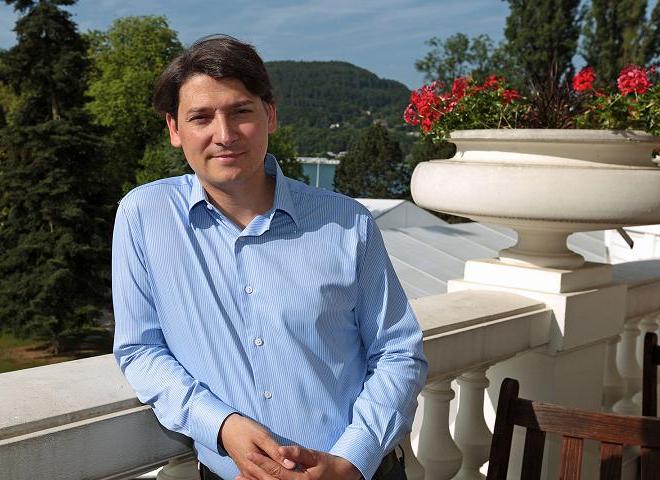The Annecy International Animated Film Festival has been in existence for over five decades; starting off as a one off event, it progressed to once in two years and from 1998 has grown onto becoming an annual festival for animation from across the world. In the 1980s TV shows were added to the films, followed by films made by students.
Annecy Festival and MIFA head of economic development Mickael Marin has been heading the business for more than six years. A marketing professional, Mickael had initially thought of working in feature films but slowly got acquainted with the animation industry, of which he had no idea when he started off.

On the sidelines of Arena’s Orbit Live 2015 event, Mickael spoke to AnimationXpress.com’s Vishaka Chakrapani on the scenario of animation in India, the world and the festival he heads.
With your years of experience of dealing with animated content from across the world, what do you have to say about the Indian animation industry and what can we do to make it better?
The Indian animation industry is doing well. India was the country of honour in 2007 at the Annecy festival. It can do better by setting up an ecosystem that will allow the animation industry to go further and do better. What can be helpful for the industry is to have something like we have in Europe, a public kids’ channel that will help in having order and co-production with the channel to produce more TV programmes. Having tax rebates can also help. Encouraging animation schools is important because companies need talent to grow. A strong producers’ animation association is needed to be able to talk and unify as well.
Is low payment an issue across the world?
I think what’s needed is to have broadcasters and a channel that produces or co-produces and have slots for animation on the channel. Price is another issue, the point is to have a great ecosystem to allow the industry to grow. We have France Télévisions in Europe that puts in €50 million every two years for co-production in animation. You need such initiatives if you want to have a strong animation industry.
What is the focus of this year’s Annecy?
This year’s focus of the festival will be on women from the industry, we also have an all women jury that will be selecting the movies. There will be special programmes on women that will be screened as well. This year’s country of honour is Spain and the art work will be designed by Regina Pessoa, a Portuguese short film director.
How is the ratio of men to women in the field faring?
It’s getting better in the animation field because more women directors are coming up such as Jennifer Lee for Frozen and Brenda Chapman for Brave.
In India, animation is considered a kids’ genre. How will that change?
It’s not just India, even in Europe some people think animation is only for kids. It’s better in Europe because we have movies that are not for kids such as Waltz With Bashir or Persepolis. When people in India see such movies that are not made for kids, they will change their minds.
It’s a question of time and the opportunity to have it on screen. It’s also a question of knowing animation and if in the future India produces more short films that aren’t for kids, it will help.
You need to have a ‘board of broadcaster rights’. It’s a dialogue between the broadcaster, producer and the minister. Animation can provide good values to people. It’s a format that can travel all over the world. There is no language barrier. You can produce a French animation and it can be seen in India with the same pleasure.
What are your views on the Charlie Hebdo attacks?
People want democracy and the cartoonist who died; he used to fight for freedom and democracy. Everything will be different after this incident. That’s why I told the students that when they work they will have the ability to provide and fight for freedom.